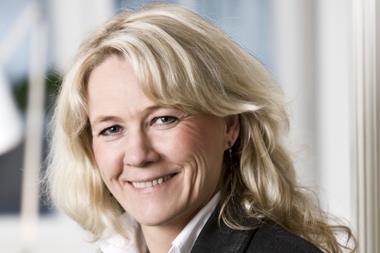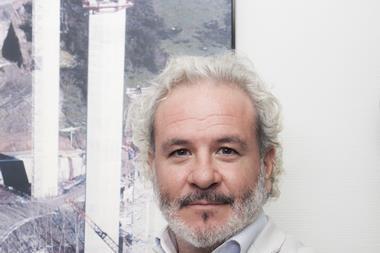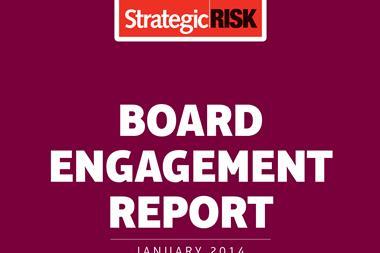Boards are focusing more on risk management although 40% of them say this may stifle growth

Board members are investing more time in risk management but members have raised concerns that they are becoming too risk-averse and that this may inhibit business growth.
A global survey of 320 board members from firms with more than half a billion dollars in annual revenue, conducted by the Economist Intelligence Unit (EIU) for international law firm Clifford Chance, found 74% had seen an increase in the time afforded to risk management compared to two years ago. However, 40% of board members admitted they are concerned that their board has become too risk-averse and that this is inhibiting business growth.
Clifford Chance global head of corporate practice Guy Norman said: “A consequence of increased board emphasis on managing risk could be a more conservative approach to new corporate initiatives, which, in turn, may be contributing to a slower global economic recovery.
“Although it is imperative that directors take adequate steps to manage these risks and protect their organisation’s reputation, they must allow space on the agenda for longer-term business development and expansion.”
Risk-adversity is taking its toll in other ways too, according to the law firm. Almost half (47%) of respondents admitted they are reluctant to accept non-executive director roles because of the increasing exposure to personal liability. As a result, organisations may find that the pool of senior talent available to fill board roles becomes ever smaller.
Survey responses suggest enforcement against corporations is also spreading. While the US has long been a leader, other jurisdictions are catching up, especially in the UK and Asia. For global corporates this makes for a complex environment – with activities across different jurisdictions attracting the attention of multiple enforcement agencies and creating an environment of competition between them.
The findings are featured in the report View From The Top: A board-level perspective on current business risks by Clifford Chance, which includes further key findings, such as:
- the three most commonly cited areas of focus for the board are financial risk (75%), reputation risk (54%) and legal and regulatory risk (49%). In contrast, emerging risks, such as cyber attacks and human rights breaches, feature lower down the list, with only 15% and 6% of respondents identifying these as areas of focus;
- as well as almost three quarters (74%) of respondents stating that more time is being invested by the board in risk management, some 58% confirm that this is matched by a significant increase in financial investment in risk management;
- despite heavy investment, ensuring a global approach to risk remains a challenge for multinationals: 64% of respondents agreed that ensuring a uniform approach to managing risk is made more difficult by the cultural differences that exist across an organisation’s international operations;
- boards recognise that mitigating risks associated with unethical behaviour cannot be left solely to the risk function. However, although more than four-fifths (82%) think the reputational risk arising from unethical behaviour at their organisation has become much more important for the board, only 33% of firms have made risk management a measurable element for key staff. Boards recognise that they need to instil a strong corporate culture that permeates through the organisation – to date, 24% of respondents have reviewed their corporate culture from a risk perspective, but a further 41% are planning to do so in the next two years; and
- a quarter of respondents cite political risk as an area of particular focus for their boards. The survey also reveals that the US is now ranked as the major economy with the highest political interference in business – ahead of Russia, China and India.




















No comments yet